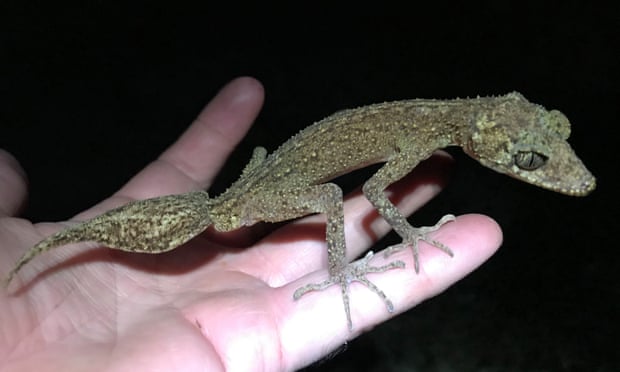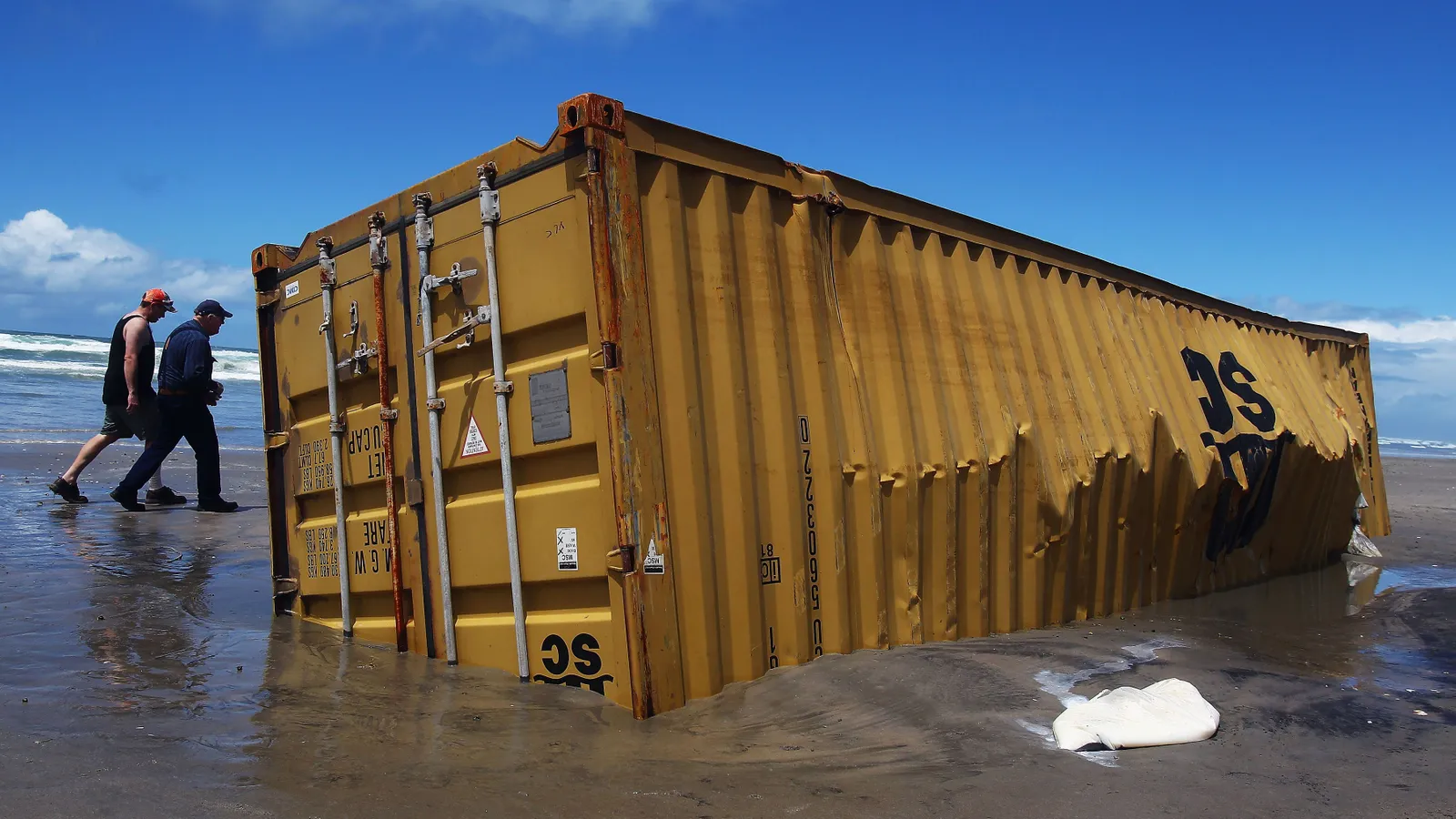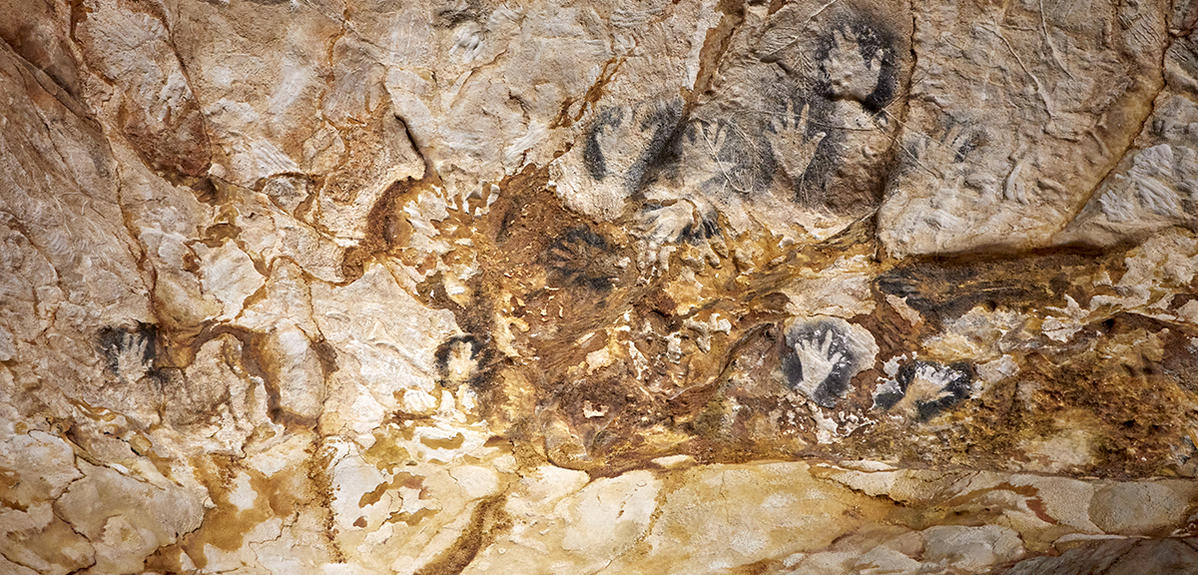It’s time, again, for this month’s collection of quotes both amusing and thought-provoking.
The most remarkable discovery in all of astronomy is that the stars are made of atoms of the same kind as those on the earth.
[Richard Feynman]
Go outside and let your breath be stolen away.
Find the forests, seek the seas,
meditate on the mountains, mist covered from morning.
We are nurtured by nature, born for the wild places;
we’ve no business in cities, in buildings taller than trees can grow.
Go outside and begin living again.
[Tyler Knott Gregson]
Consider soulmates to also be in the form of friends and animals, the wind, the tides, the plants, pieces of art, and the moon. Great love lives everywhere.
[Victoria Erickson, Edge of Wonder]
Nature is wiggly. Everything wiggles: the outlines of the hills, the shapes of the trees, the way the wind brushes the grass, the clouds, tracts of streams. It all wiggles. And for some reason or other, we find wiggly things very difficult to keep track of.
[Alan Watts]
If you’re going to be weird, he confident about it.
[unknown]
Why do humans need jobs? Why can’t I just sit on a beach with my tits out and stare into the ocean until I die?
[unknown]
I use a neuroparasitological framework to argue that a superficially enticing set of idea pathogens have parasitised countless people in the West leading us resolutely towards the abyss of infinite lunacy.
[Prof. Gad Saad, quoted in New Scientist, 25 February 2023]
Every living thing possesses its own instincts and intuition. Humans are the only ones who – willingly or unwillingly – ignore theirs.
[Econudist]
If it makes you happy it doesn’t have to make sense to others.
[Richard Feynman]
What you learn from a life in science is the vastness of our ignorance.
[David Eagleman]
Bodies are not inherently sexual but they CAN be sexual, and sex isn’t inherently immoral to show or talk about. Likewise, nudity is not pornography, but when created and depicted ethically, pornography is not inherently immoral either.
[Econudist]
You can lead a human to knowledge but you can’t make it think.
[unknown]
The universe is a circle whose circumference is nowhere and whose centre is everywhere.
[Paraphrase of Blaise Pascal]
The elephant is a pretty bird, it flits from bough to bough.
It makes its nest in a rhubarb tree, and whistles like a cow.
[unknown]
Yes, in fact everything in physics is made up to make the math work out.
[Katie Mack, @AstroKatie, Science Focus, 3 March 2023]
I cannot teach anybody anything. I can only make them think.
[Socrates]
Eating fruit is the most magical part of the earthbody experience. Things that taste delightful to our tongues just grow out of the dirt. They don’t have to taste good but they do. We don’t have to have taste but we do.
[Econudist]
When it comes down to it, the only knowledge that really matters is, how to purify water, how to grow your own food, how to cook, how to build, and how to love. And funnily enough, we’re not taught any of it in school.
[unknown]

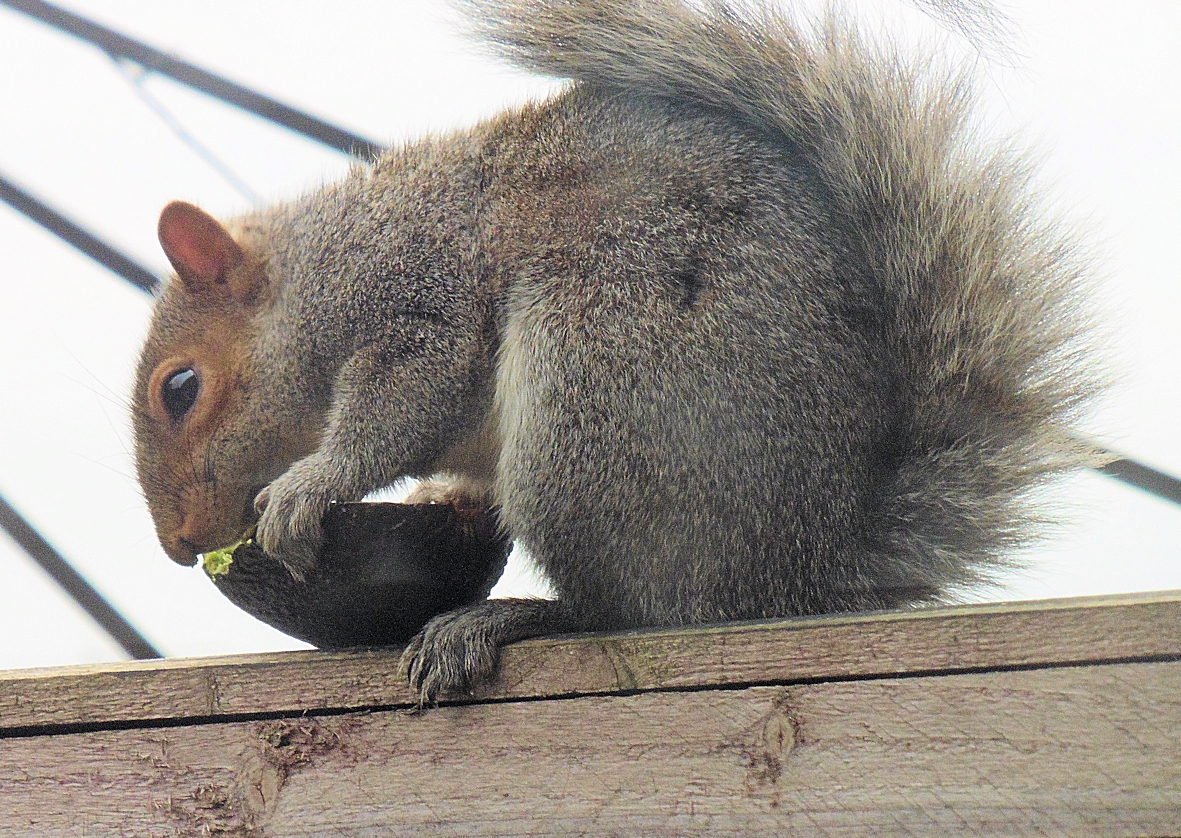
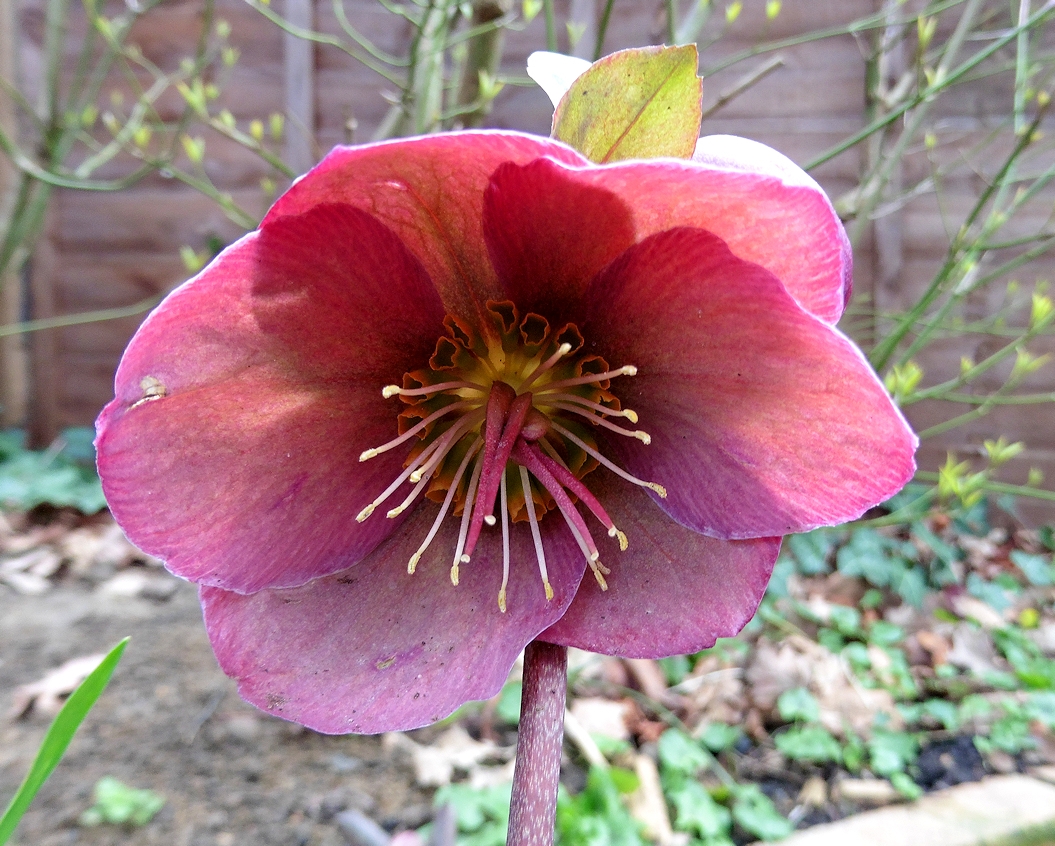
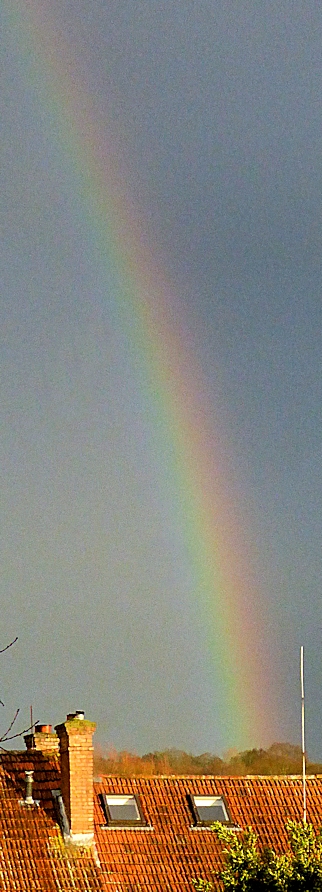
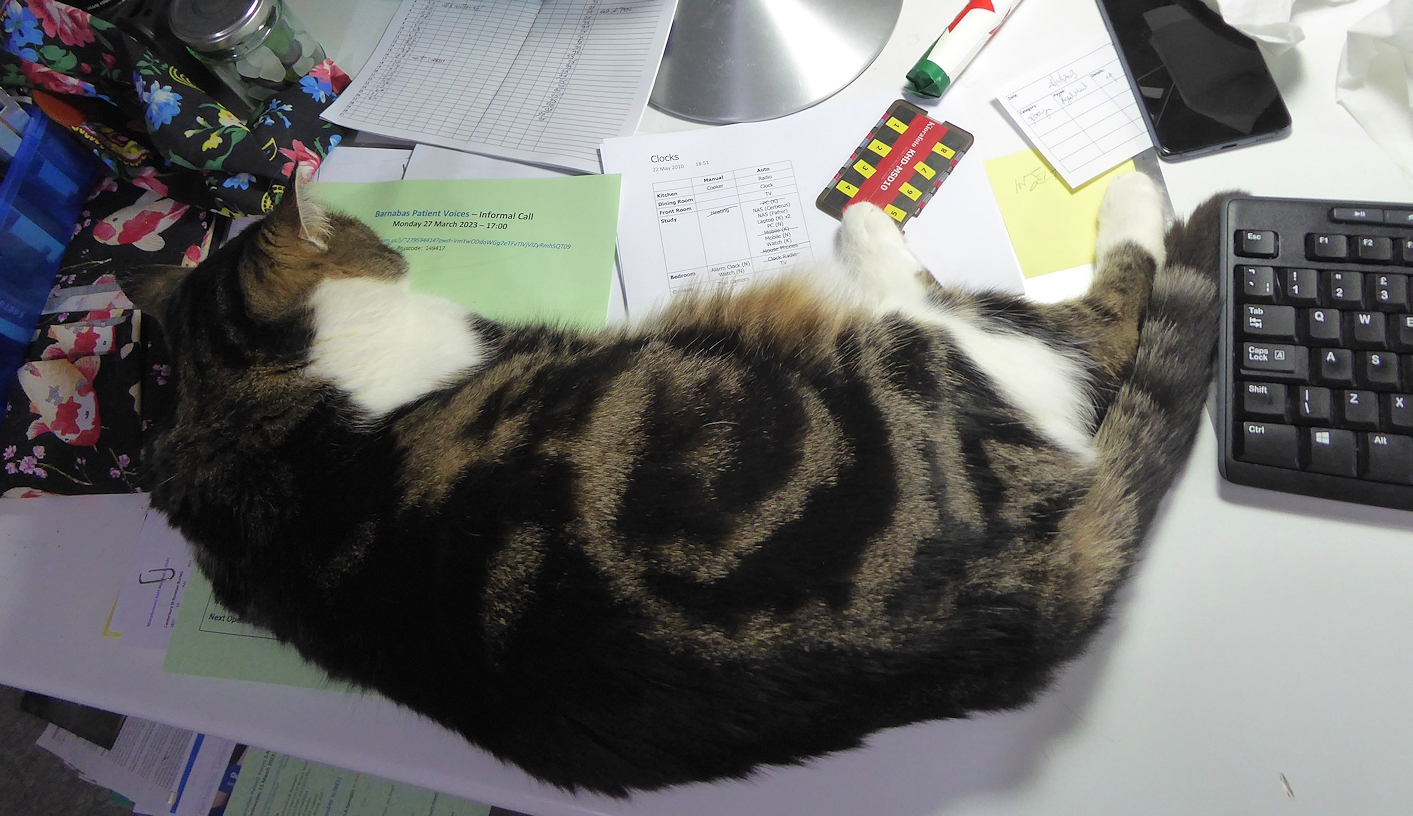 It’s lovely to have her presence, but it does get a bit wearing: the continual back and forth; lying on what you’re trying to work on; generally hampering; and not to mention the occasional wet muddy paws. But if you stop her, or remove her, she mutters plaintively at you.
It’s lovely to have her presence, but it does get a bit wearing: the continual back and forth; lying on what you’re trying to work on; generally hampering; and not to mention the occasional wet muddy paws. But if you stop her, or remove her, she mutters plaintively at you.